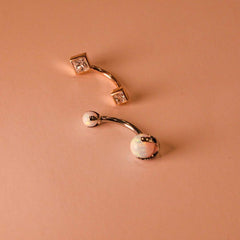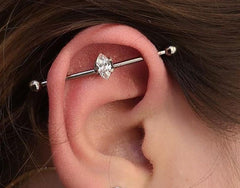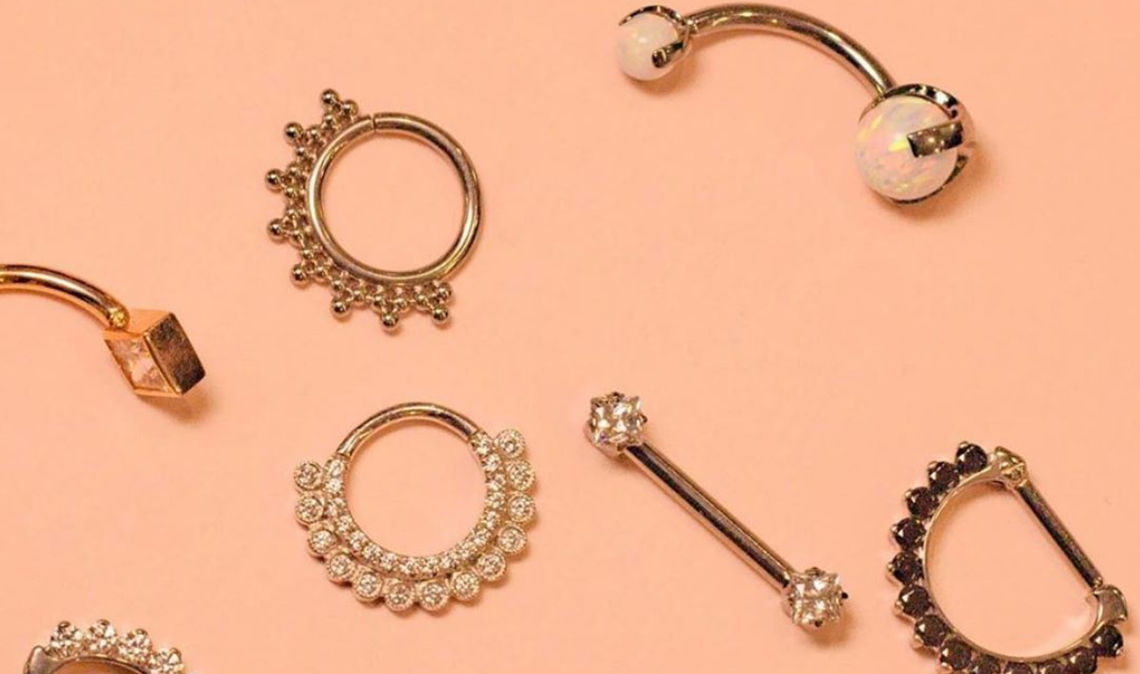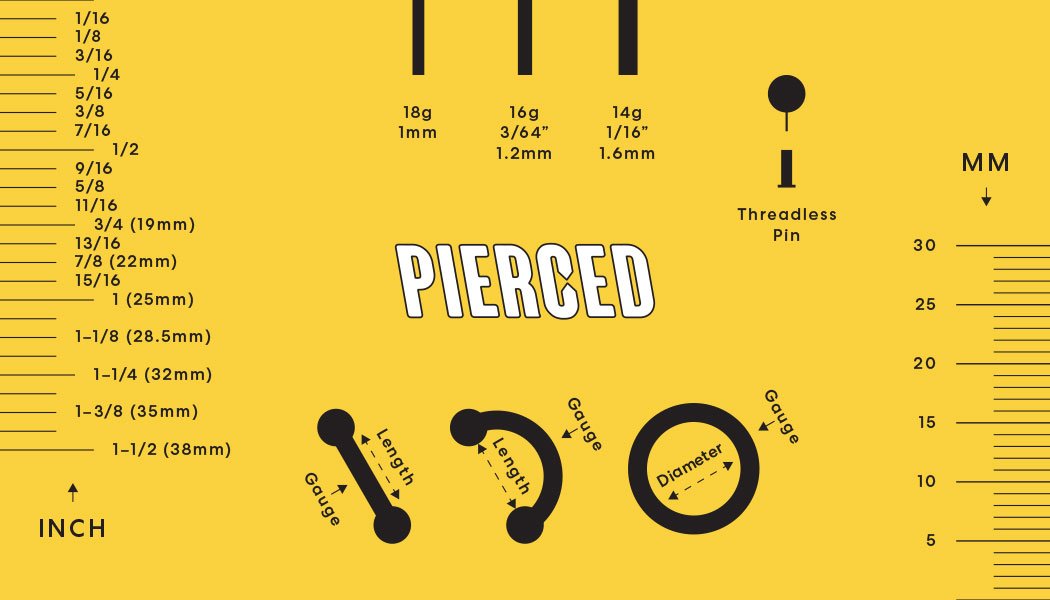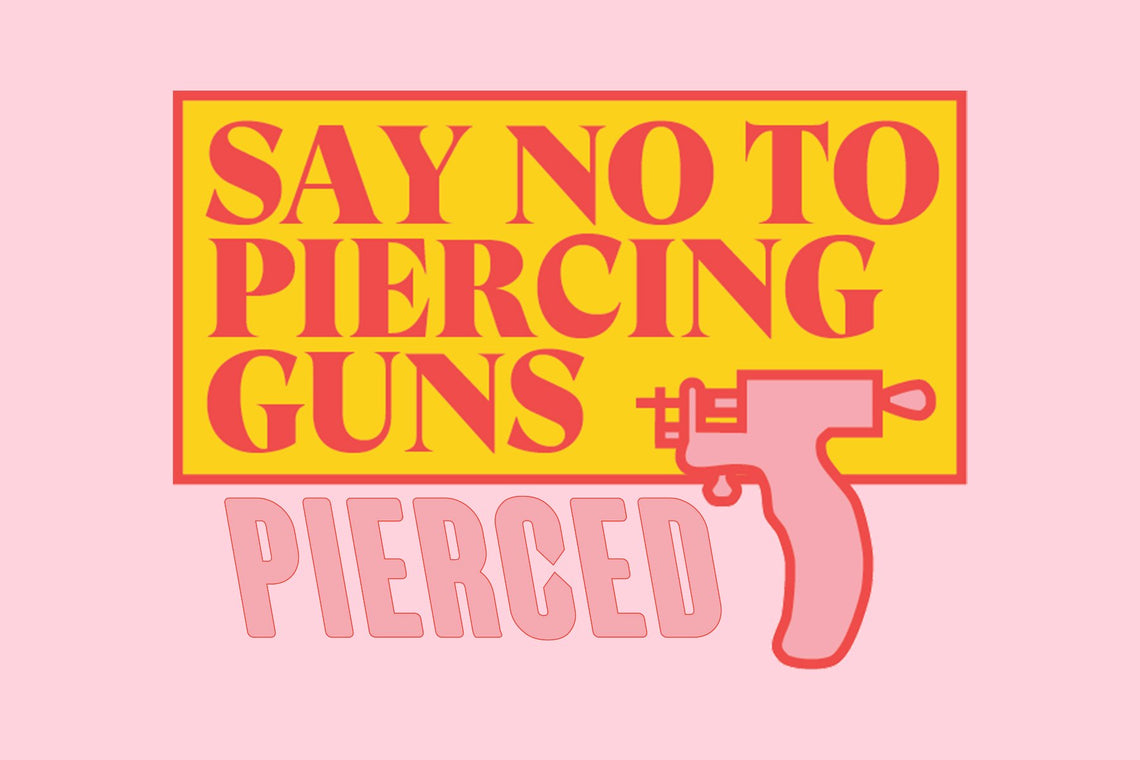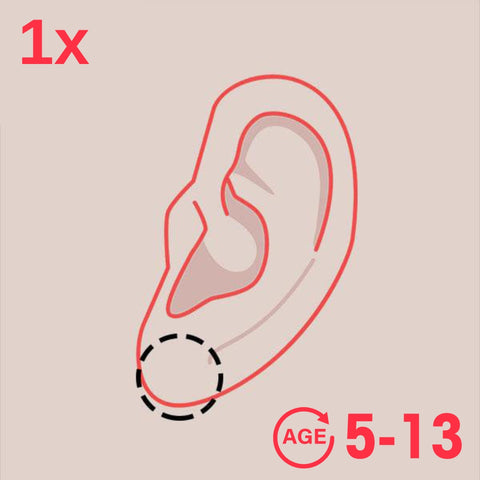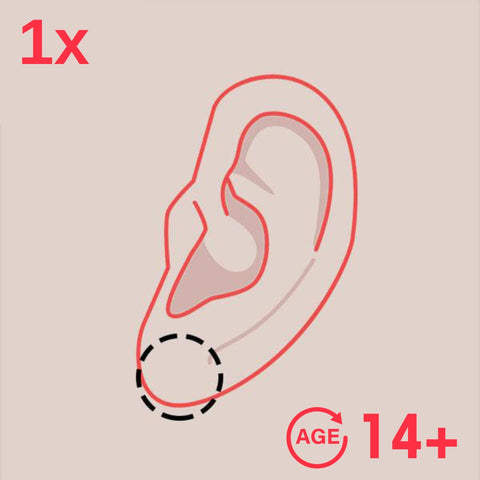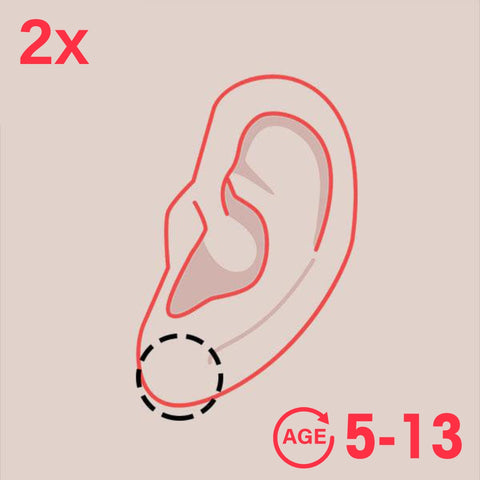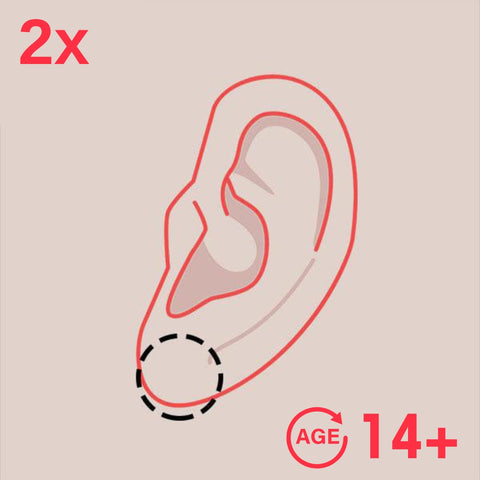Nipple piercings are an increasingly common piercing among women and men alike, both in Newmarket, ON and around the world. After childbirth, it's common to wonder if breastfeeding is possible with nipple piercings.
Fact is, many are able to successfully breastfeed after having their nipples pierced. While most have had no issues at all, there still were some who have suffered from blocked ducts, low milk supply, infections, or milk that has leaked from the piercing site.
As with any piercing, nipple piercings are not without their risks and issues. This short guide will help you better understand those potential risks and easily navigate breastfeeding with nipple piercings.

Potential Precautions to Consider
- Nipple piercings are oftentimes associated with breastfeeding issues
- Piercing sites must be fully healed before beginning breastfeeding
- Always choose a reputable practitioner in order to minimize complications
- All jewelry must be cleaned and secured to reduce risk of choking
Do Nipple Piercings Affect Breastfeeding?
In some cases, working with a lactation consultant will help those with piercings find the best way to position their baby and also help them latch onto the nipple.
Some minor issues that have been associated with nipple piercings, however, include blocked ducts, mastitis, changes in milk flow, reduced milk supply, increased risk of bacterial infections, changes in nipple sensitivity, and issues with continued milk production after the baby has been weaned.
Mastitis/Blocked Ducts
Sometimes, piercings cause damage to the milk ducts that help to carry the milk within the nipple. Since there are a great number of pores in a nipple, it’s very unlikely that all of them could be damaged by a single, isolated piercing. However, scarring inside of the nipple could potentially cause obstruction in the duct, which is a real issue.
If milk cannot flow freely from breast and nipples, then blocked ducts, mastitis, or an abscess can form, and if left untreated, reduce the milk supply in that breast. Keep in mind that multiple piercings in a single nipple will increase the likelihood of scarring.
What if you Experience Low Milk Supply?
If a nipple piercing causes low or reduced milk flow, this can result in an underweight baby that potentially is not getting the proper nourishment necessary for adequate development. It is therefore advised to seek guidance from an IBCLC lactation consultant in order to help maximize the amount of milk available for the baby. A lactation consultant will also perform regular weight checks to ensure that the baby is getting enough milk.
If issues do arise from a single pierced nipple, there is the option of one-sided breastfeeding from the breast that is not experiencing issues. Since most, if not all, feedings will take place on one side, the breast will naturally increase milk production in order to compensate for the other breast that is not performing.
Are Milk Flow Issues a Problem?
Due to the piercing puncturing the tissue of the nipple itself, it is possible for milk to leak out at the site of the puncture, potentially causing issues with the overall milk flow in general. This can also cause a faster flow to happen, which may cause some babies to struggle while feeding.
Also, since some scarring can happen in the nipple tissue with piercings, there is the potential for damage or blockages to one or more of the milk ducts, causing a slowing down of milk flow and a subsequent frustration to the baby.
Is there a Risk of Infection?
Because mastitis is common in breastfeeding with nipple piercings, so is the likelihood of infections. Therefore, it’s important to be vigilant to any signs of infection or pain coming from the nipple area that include tenderness, redness, pain, or engorgement. If the areas are, indeed, infected, breastfeeding is not recommended until the area is healed and seeking further advice from your primary care physician is advised.

Will I have Sensitivity Issues?
Some have reported a loss of sensitivity in the nipples shortly after having them pierced, while others say that the area became highly sensitive. In those with a decrease or a loss of sensitivity, sometimes milk let-down was affected. Conversely, breastfeeding can become painful in those with increased sensitivity.
Closing Thoughts: Are Nipple Piercings Bad for Breastfeeding?
Much like any type of piercing, nipple piercings can come with a risk of infection. Nipple piercings, however, also can carry a risk of bacterial infection, mastitis, blocked ducts, abscess, scar tissue, tetanus, HIV transmission, and high prolactin levels.
In general, nipple piercings are not bad for breastfeeding if you choose reputable licensed practitioners and follow all of the aftercare advice to the letter. And seeking the advice of an experienced lactation consultant will also make for a successful, safe, and comfortable breastfeeding experience.
If you have further questions or concerns and are in Newmarket, Ontario area, reach out to the professionals at Piercing.co for advice and support. The Pierced.co team is highly experienced with nipple piercings and can make sure you understand your options.
Piercing Studios Near You
Mississauga
Square One Shopping Centre
100 City Centre Drive, Mississauga,
ON L5B 2C9
Phone
+1 (905) 232 -7226
Need an Experienced Piercer in Mississauga?
Working with an experienced piercer can make all the difference when it comes to your piercing experience. If you’re in the Mississauga, Ontario area and have any questions about ear piercing, body piercing or jewelry, give us a call or stop by our piercings studio today. We’d love to help walk you through what to expect and help you choose the right option.

